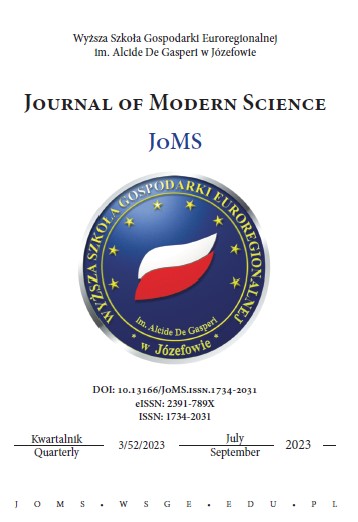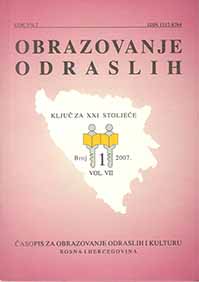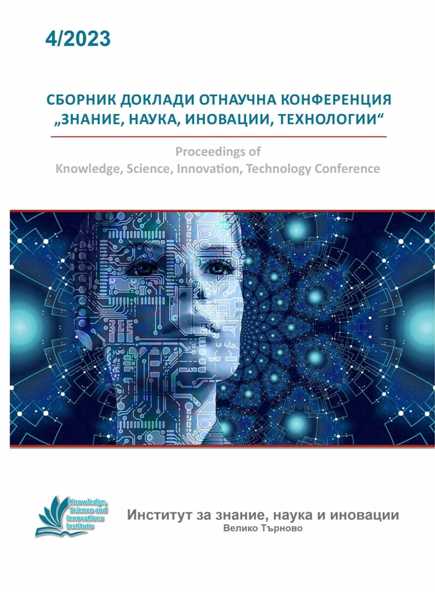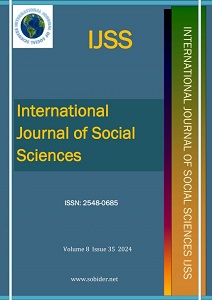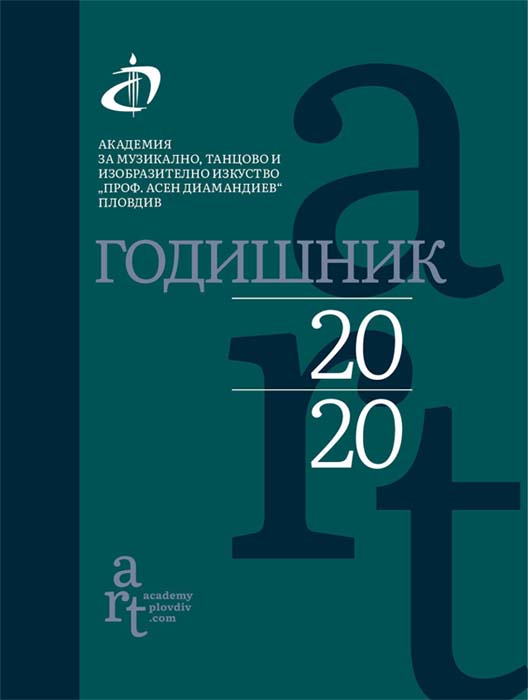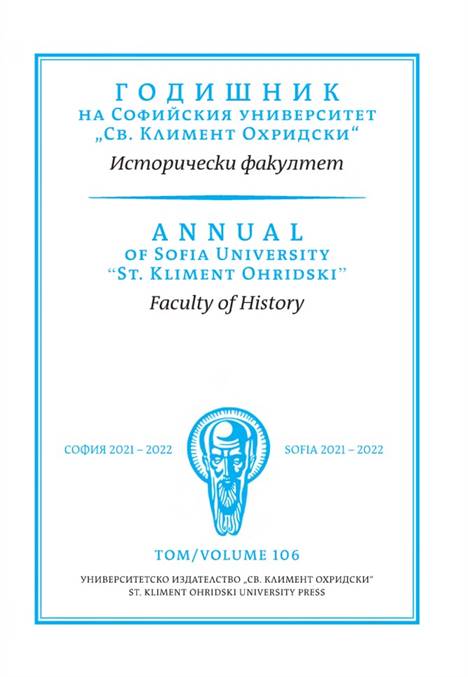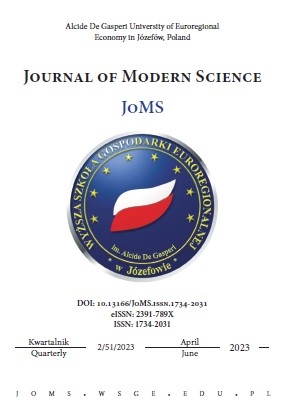
THE RELEVANCE OF CATHOLIC SOCIAL TEACHING – CONFLICT WITH VALUES PROMOTED ON SOCIAL MEDIA
The modern world is full of various contradictions and conflicts. People living in this world experience different kinds of problems and face choices which they may not fully understand or comprehend. The issue lies in the adopted system of values and the impact of these values on the decisions and actions taken by people. In the contemporary world, individuals are bombarded with different information which consists various values, and these values can often be contradictory. It is therefore important to ask the question – which kind of values are used by people and which values have the biggest impact on people. The subject of this article is a kind of values conflict which arises between traditional principles and values, which are proposed, among others, by Catholic Social Teaching, and those often promoted by various influencers in social media. The aim is to demonstrate that the traditional values of Catholic Social Teaching are still relevant and important for building a better world within us and around us. Simultaneously, the goal is to show that these values are often contradicted to the values promoted by social media. The method of analyzing the sources of Catholic Social Teaching and analyzing the content conveyed through social media messages is used in this article. The article concludes that in order to build a better world, it is necessary for the values proposed by Catholic Social Teaching to become the foundation of the value system embraced by members of society.
More...
